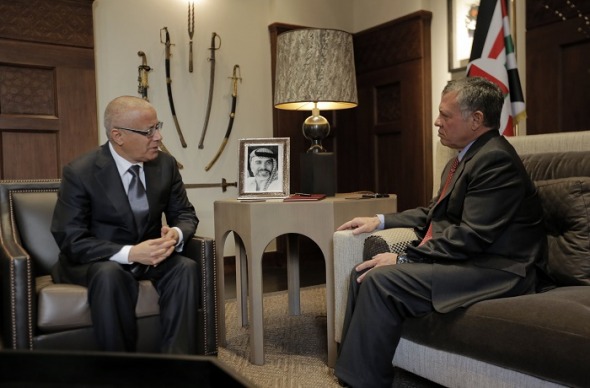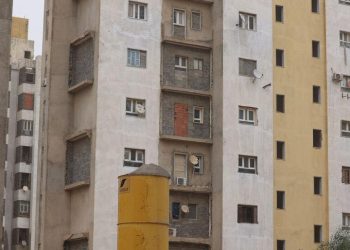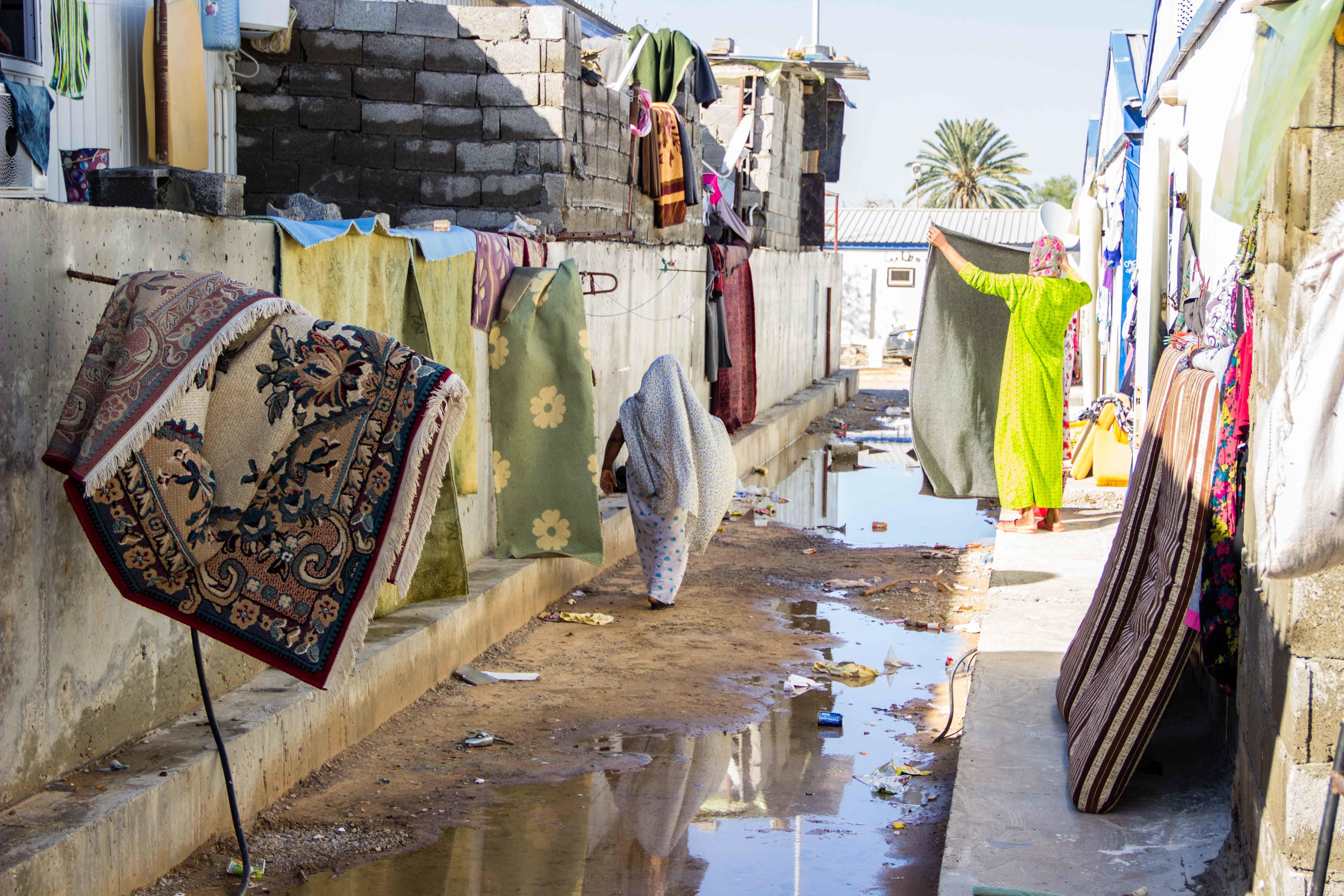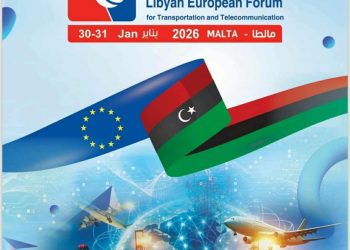By Abdul Jalil Mustafa.

Amman, 2 December 2013:
Jordan’s King Abdullah II expressed total support for the Libyan people’s aspirations of security and . . .[restrict]democracy in talks today with Prime Minister Ali Zeidan.
“The discussions dealt with latest political developments in Libya, with the monarch emphasising total and continuous support for the aspirations of the Libyan people in building up their state and preserving their security and stability,” a Jordanian royal court statement said.
”The King also underscored the importance of boosting the unity and cohesion of the Libyan people as well as their endeavours to shore up democracy and national dialogue and to rebuild their country and institutions,” the statement added.
King Abdullah pointed out that Jordan was ready to extend all assistance to Libya, including meeting all medical and humanitarian requirements. The aims was to facilitate the reconstruction of the brotherly state and open new areas for cooperation. These should include the participation of the Jordanian private sector.
From his part, Zeidan briefed King Abdullah on latest developments in Libya and efforts under way to rebuild institutions. He said that Tripoli was counting on Jordan’s cooperation and expertise.
”Zeidan expressed the Libyan people’s thanks to Jordan for its policies, both political and humanitarian, as well as its acceptance of thousands of Libyan patients,” the statement said.
Jordanian Prime Minister Abdullah Ensour, who attended the meeting, briefed King Abdullah on the outcome of the earlier Libyan-Jordanian talks during which, he said, the two countries had agreed to work for “strategic ties” between the two countries.
In remarks to Jordanian editors and columnists, Zeidan said that he was visiting Jordan to express the Libyans’ gratitutde to the kingdom for siding with the Libyan revolution from the first moment, and for the help it has given to the Libyan people. He put stress on the fact that Jordan enjoyed “quality capabilities in all spheres, particularly in the military and security fields”.
Responding to questions about the security situation in Libya, the Prime Minister said “democracy cannot be achieved overnight. The nature of the situation required moving gradually as well as training on democracy and building up democratic practices”.
He said that he was hopeful that the situation in Libya was “develping in the right direction, albeit in a gradual and slow manner”.
”Libya has its own special nature” he said, “which has to be retained within the context of the Arab world,” adding that he categorically ”refused using Islam as a political vehicle, befcause such approach involves exploitation”. [/restrict]









